Vinh city has a lower rate of qualified schools than the provincial average.
(Baonghean.vn) - According to the report of Vinh City People's Committee, currently the whole city has 67 schools meeting national standards, reaching 68%, while the average of the whole province is 73%.
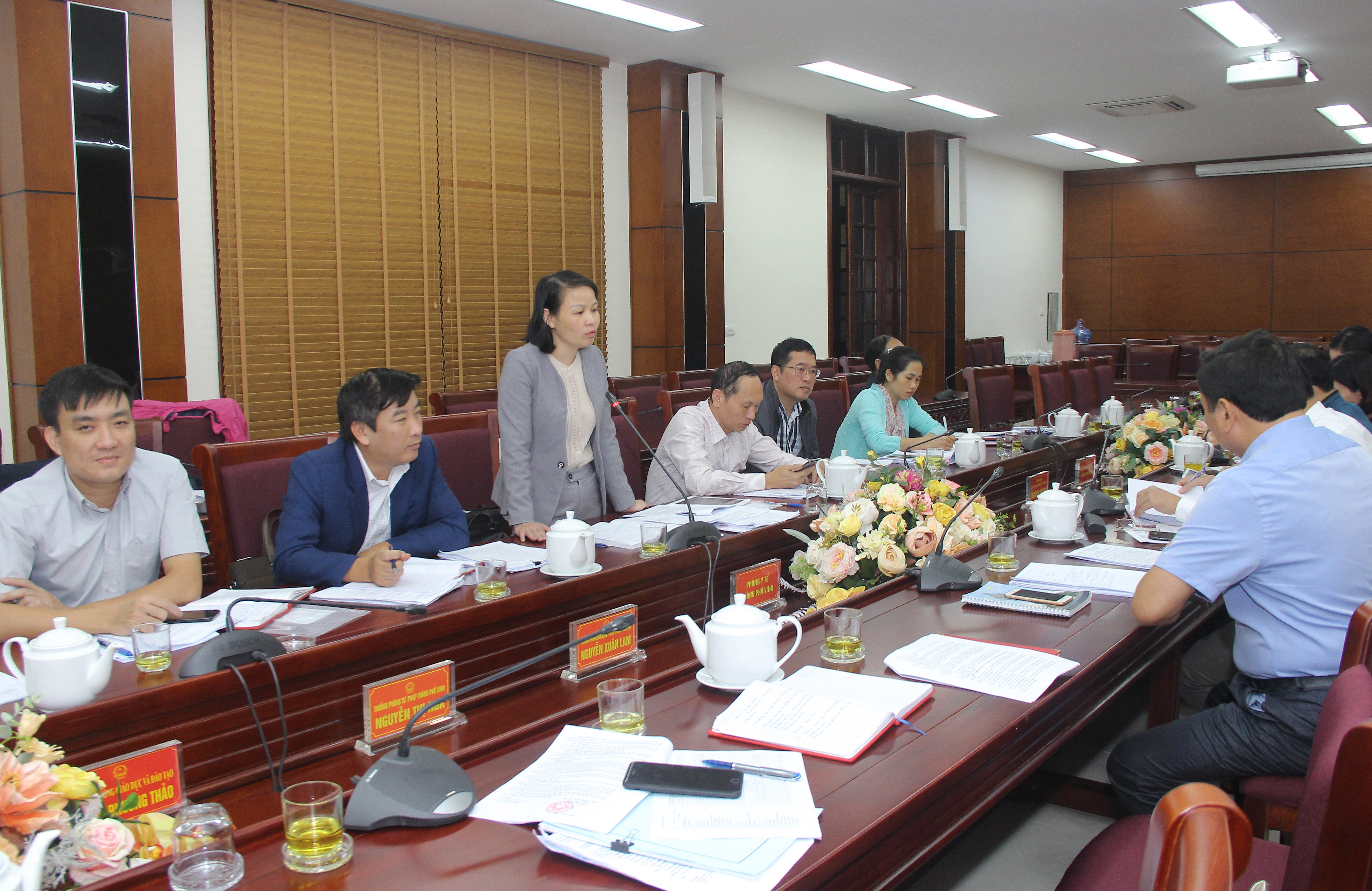 |
| On the afternoon of November 1, the Provincial People's Council's Culture and Social Affairs Committee had a meeting with Vinh City People's Committee according to the program to supervise the construction of national standard schools in the province. Photo: Mai Hoa |
Many shortcomings
During a field survey at a number of schools in Ha Huy Tap and Quang Trung wards, the monitoring team noted a number of difficulties and shortcomings in building national standard schools in the city.
In Ha Huy Tap ward, among the 4 kindergartens, primary school 1, primary school 2 and secondary school, except for primary school 2 which was withdrawn after re-evaluation in 2016, the remaining 3 schools were re-evaluated and recognized in 2016, but currently the campus is too narrow, not ensuring the area, including classrooms, functional rooms, especially the kitchen area.
Especially Ha Huy Tap 1 Primary School with more than 1,100 students having meals, but the cooking and food distribution area is only about 30 square meters. Besides, the ratio of teachers in class is not guaranteed; the number of students in primary school is not more than 35 students/class, but there are many classes with 40-43 students.
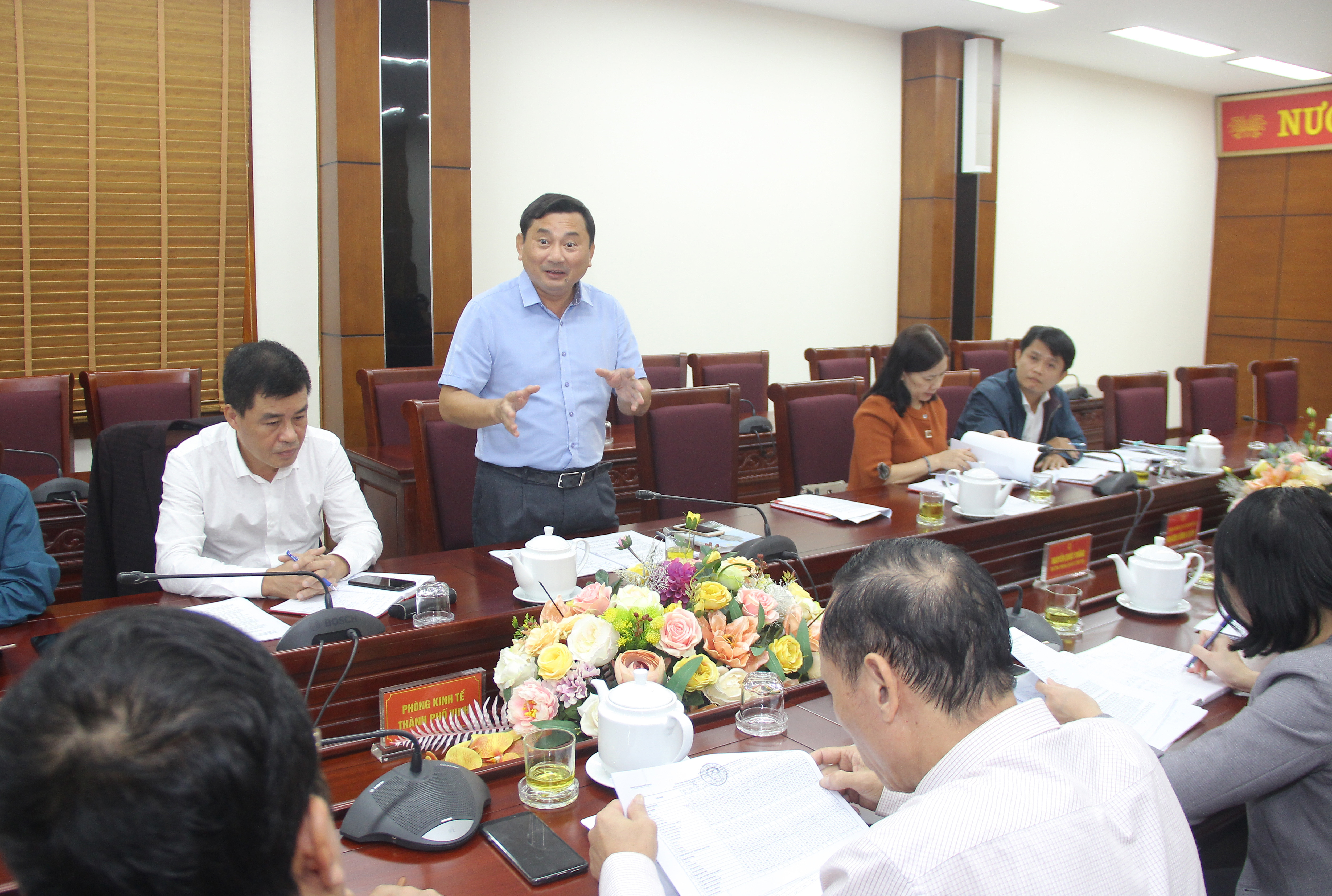 |
| Vice Chairman of the City People's Committee Dau Vinh Thinh acknowledged the difficulties and shortcomings in building standard schools in the city. Photo: Mai Hoa |
Similarly, in Quang Trung ward, all three kindergartens, primary schools and secondary schools built over 40 years ago have degraded and the functional classrooms are not yet guaranteed.
Although the primary and secondary schools were recognized as meeting national standards in 2003 and 2012, their recognition as standard schools has now expired but they have not been re-evaluated for recognition, and even if they were re-evaluated, they would not meet the standards.
The kindergarten was recognized at level 2 in 2014. The deadline for re-recognition has now come, but the school currently has no plans for re-recognition.
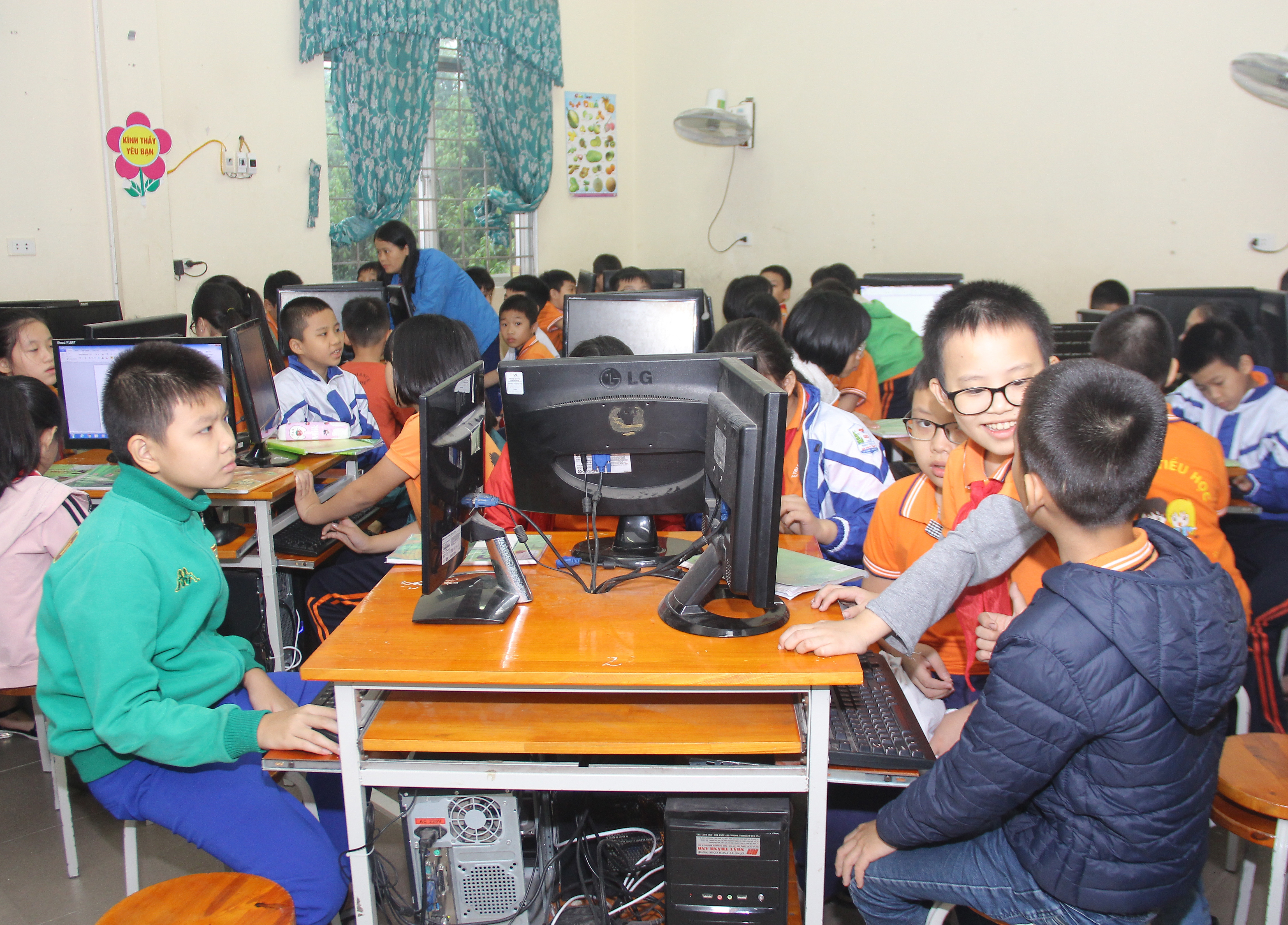 |
| The computer room at Ha Huy Tap 2 Primary School is too cramped. Photo: Mai Hoa |
The rate of meeting the standards is lower than the provincial average.
From the survey practice, at the afternoon working session, the shortcomings in schools that the monitoring delegation raised were acknowledged by the representative of the City People's Committee as the reality in the city.
According to Vice Chairman of the City People's Committee Dau Vinh Thinh, in recent years, the number of students in the area has increased rapidly, especially in the 2017-2018 school year, there was a sudden increase of more than 6,000 students and in the 2018-2019 school year, there was a continued increase of 3,000 students.
In addition, recently, the city has been focusing on implementing many large projects, especially the WB project, so the city's resources are focused on this project. This affects the investment in building standard schools as well as strengthening the standards in standard schools, especially the standards of facilities.
Along with the above objective reasons, subjectively, localities and schools have not been determined to build standard schools and strengthen standards in schools that have met standards.
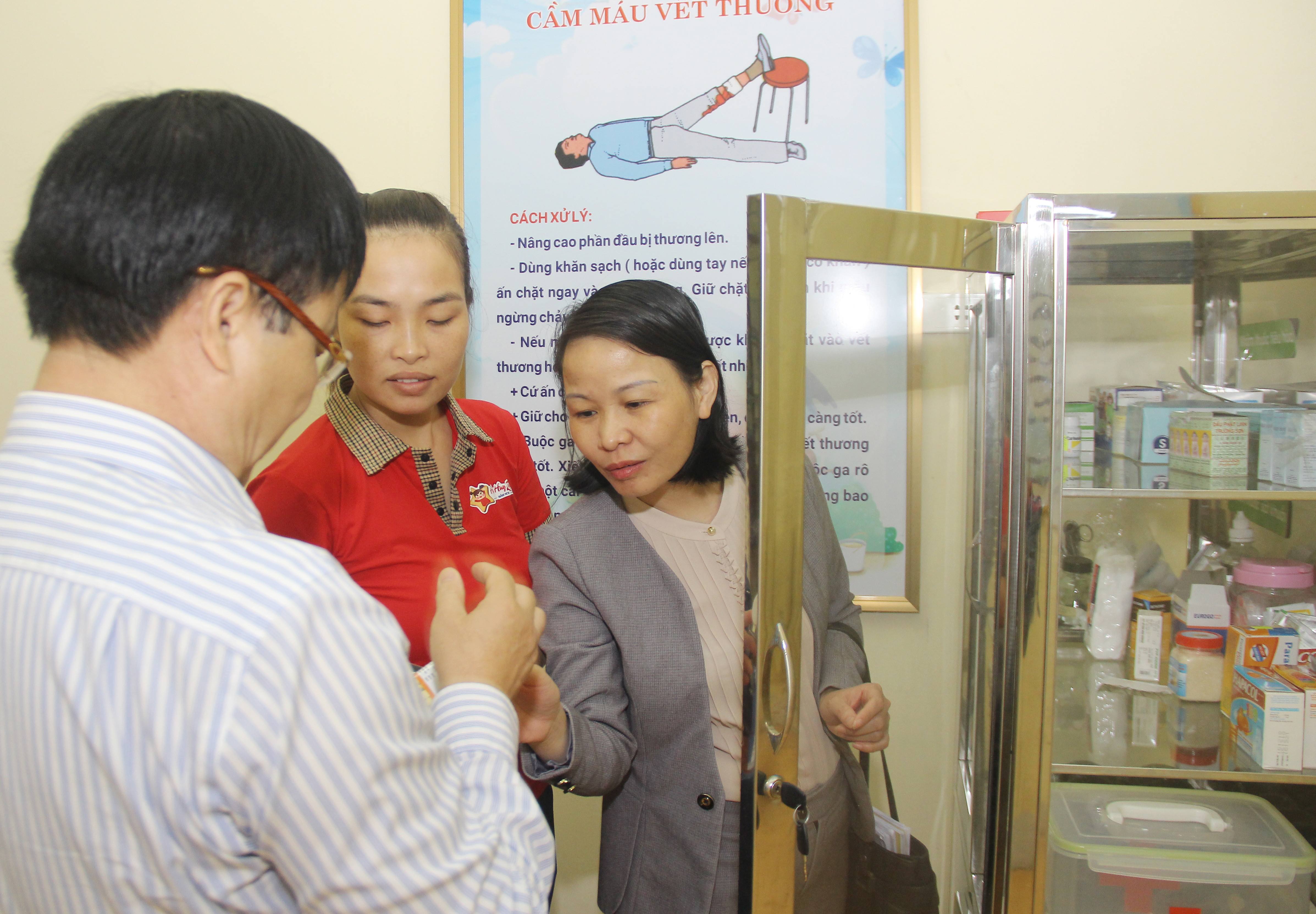 |
| Survey of medicine cabinets at Ha Huy Tap Kindergarten. Photo: Mai Hoa |
Currently, the city has 67 schools that meet national standards, accounting for 68%, while the average for the whole province is 73%.
Not only is the number of unqualified schools higher than in other localities in the province, among the qualified schools, there are 11 schools that are due for re-inspection and recognition after 5 years but have not been re-inspected and recognized; including 3 primary schools, 3 kindergartens and 5 secondary schools.
Therefore, the Provincial People's Council's Culture and Social Affairs Committee proposed that the city focus on prioritizing resources to build unqualified schools to meet standards in order to increase the rate of qualified schools; at the same time, have a review plan to have a roadmap to supplement standards to re-evaluate and recognize expired qualified schools.
The Provincial People's Council's Culture and Social Affairs Committee also requested the city to pay attention to directing schools to strengthen life skills education for students; improve food safety and hygiene and school traffic safety, and raise students' awareness of traffic safety laws.


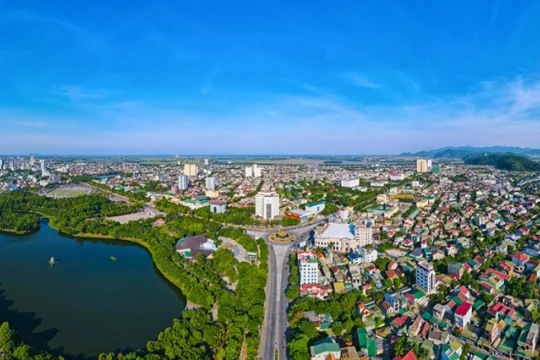
.jpg)

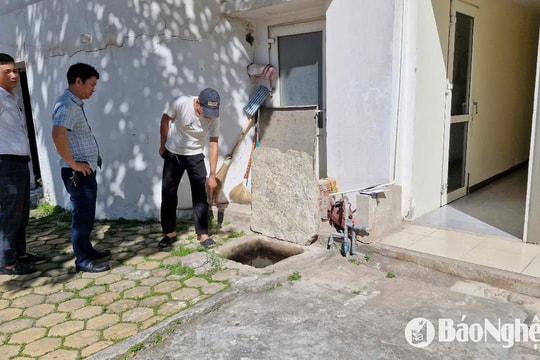

.jpeg)
